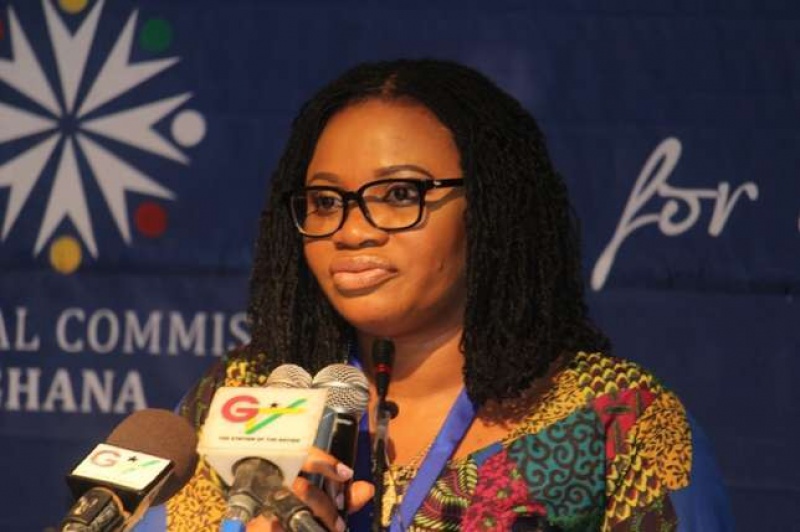
The chairperson of the Electoral Commission (EC) of Ghana, Charlotte Osei, must change her adversarial attitude towards parties because it does not help the country in any way, a senior lecturer at the Ghana School of Law, Maxwell Opoku-Agyemang, has admonished.
“The EC from now onwards should look at this adversarial attitude. When you are in a quasi-judicial position, you must not be that combative and adversarial,” he told Class FM’s Naa Dedei Tettey.
He was reacting to the ruling of an Accra High Court on Friday, 28 October, which ordered the EC to allow Dr Papa Kwesi Nduom, the flag bearer of the Progressive People’s Party (PPP), to make the necessary corrections on his nomination forms for the December 7 presidential race.
Dr Nduom was part of 13 aspirants disqualified from contesting in the elections over alleged illegalities on their nomination forms.
Dr Nduom, according to the EC, was disqualified because “the number of subscribers to his forms did not meet the requirements of Regulation 7 (2) (b) of CI 94. The details are as follows:
– One subscriber Richard Aseda (‘Asida’ on the Voters’ Register), with Voter ID no 7812003957) endorsed the forms in two different districts (pages 21 and 39).
The subscriber was found to be on the Voter’s Register in one district thereby disqualifying his second subscription and reducing the total number of subscribers to below the minimum required by the Law.
The same subscriber (Richard Aseda (‘Asida’) endorsed the form with different signatures in both portions of the nomination form. This raises questions as to the legitimacy of one or both signatures.
We will refer the matter of the possible forgery of the signature(s) to the Ghana Police Service and the Attorney General for investigation and prosecution in line with the following sections of the Criminal Offences Act, 1960 (Act 29):
Section 211: Perjury
Section 248: making false declaration etc. for office or voting;
Section 251: Deceiving a public officer
Section 256: Corruption, Intimidation and impersonation in respect of election.”
Following the court ruling, Mr Opoku-Agyemang said the conduct of the EC “was not in the interest of the country”. For him, any interpretation the EC gives to electoral laws should be considered in a manner that is “reasonable, fair and not adversarial”.
He said the commission should not be run “as if it was a private entity against the public”, describing some of the recent legal struggles between parties and the EC as “unfortunate because public administration is not handled that way”. “Whatever you are doing, you should not forget that you are being paid by our taxes and, therefore, you need to consider the public good and public interest.”
Source: Ghana/AccraFM.com


































